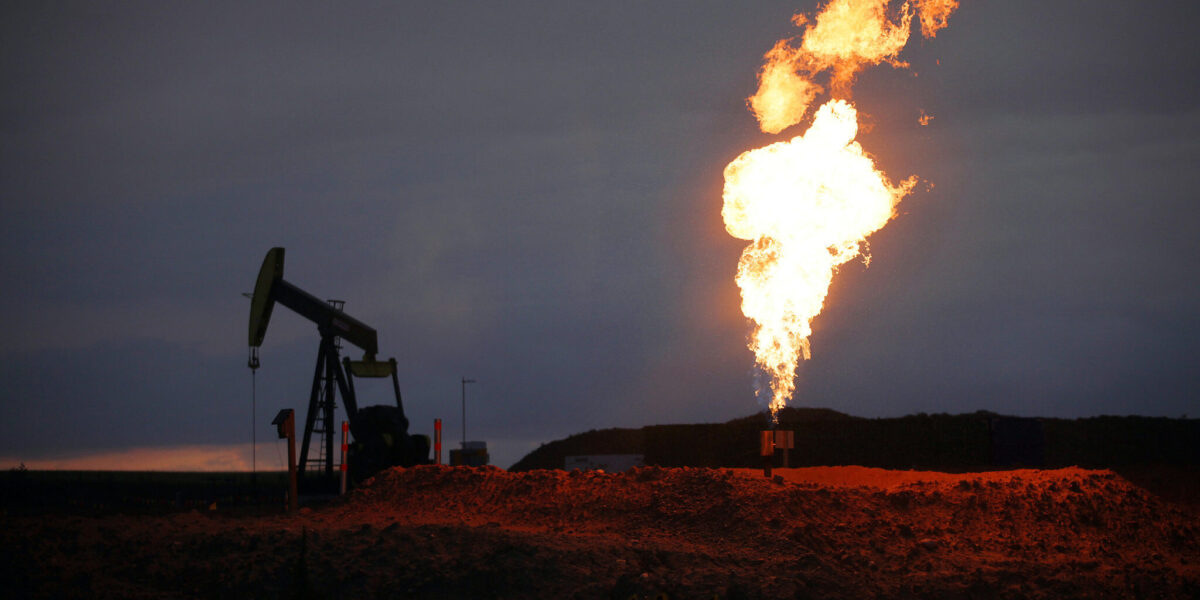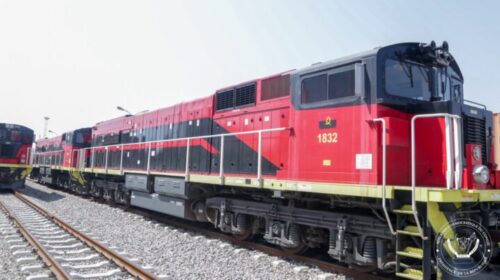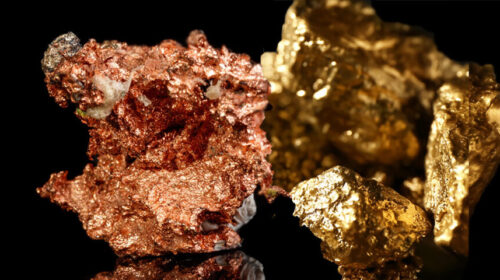For Senegal and the DRC, there is no question of giving up oil and gas
Threat or excellent opportunity? Housed in the Atlantic about ten kilometers off Saint-Louis, on the border between Senegal and Mauritania, the oil and gas terminal is lost in the mist of this October morning.
A fishermen’s canoe slips on the wet sand after a night at sea. “Not a lot of fish”, plagues El Hadji Gaye, who looks dumbfounded at the recent installations that have narrowed his horizon, which he believed to be immutable.
Senegal, like the Democratic Republic of Congo (DRC), has recently discovered oil and gas resources and nourishes thanks to them the hope of wealth and industrialization.
They do not want to give it up in any way, despite the pressure from Western countries and the cessation by the latter of the financing of projects for the exploitation of fossil fuels abroad in the name of the fight against global warming.
Senegalese President Macky Sall denounces “an injustice” and deploys active diplomacy to justify the start of mining from 2023.
“Not being the biggest polluters since not being industrialized, it would be unfair in the search for a solution (to global warming) if we wanted to prohibit Africa from using the natural resources that are in its basement. “, he hammered in May during the visit of German Chancellor Olaf Scholz.
And the message seems all the more likely to be heard by Europeans since they, hit by the energy crisis, are seeking to diversify their supplies since the invasion of Ukraine by Russia. Evidenced by the arrival of Mr. Scholz.
– Climate emergency – However, the situation is “urgent”, recalls Aliou Ba, head of the Greenpeace Africa ocean campaign. The objective of containing global warming to 1.5°C compared to the pre-industrial era already seems out of reach, the irreversible damage and the exploitation of these greenhouse gas-emitting resources greenhouse “will further exacerbate the situation”, he explains.
For François Gemenne, one of the rapporteurs of the Intergovernmental Panel on Climate Change (IPCC), “it is very difficult when you are poor to give up a treasure, so you have to offer something more interesting in face”.
“The whole issue is that these countries can and do choose a carbon-free economy,” he said. “And this requires technology transfer and investment in renewables, which are still largely insufficient”.
The offer of “consequent technological and financial alternatives” for the ecological transition was at the heart of the speeches of the Congolese authorities during the pre-Cop organized at the beginning of October in Kinshasa.
But the government of this huge central African country in the heart of the rainforest is also defending its right to exploit its oil and gas, despite criticism from environmental organizations which warn against the release of large quantities. of carbon.
Congolese Prime Minister Jean-Michel Sama Lukonde recalled that some European countries had “returned to the use of polluting energy sources that they had previously banned”, such as coal.
We must avoid “falling into arbitrariness, with certain States free to continue or even increase their emissions, and others prevented from exploiting their natural resources”, he asked.
“It is paradoxically the oil money perceived as dirty money that will allow us to have enough means, to reclaim our environmental sovereignty and to reduce our emissions from deforestation”, pleads Tosi Mpanu Mpanu, negotiator of the DRC at United Nations climate conferences.
– Electrification – In Senegal, the oil and gas fields represent respectively only 0.07% and 0.5% of the world’s reserves, but “they are significant enough on the scale of our country to radically change its economy, its industrial fabric and therefore its future prospects,” Oil Minister Sophie Gladima told AFP.
“The simple fact of exploiting our hydrocarbons will allow us not only to accelerate universal access to electricity, but also and above all to lower the cost of factors of production to promote the industrialization of the country”, assures- she.
It also invokes job creation opportunities. The National Oil and Gas Institute (INPG) was created to train young people to master the required technical skills.
This future imposed by the Senegalese state, the fishermen of Saint-Louis feel excluded.
As exploitation approaches, the authorities have increased their control over the future gas platform. A security perimeter has been established and a boat patrols to challenge any man of the sea wishing to cross an invisible barrier.
“This place was the one where we found the most fish,” says El Hadji Gaye. “Now we are trapped because we can no longer access it, nor go further north, into Mauritanian waters”, explains this 39-year-old fisherman, wrapped in a life jacket covering his green raincoat.
Behind him, about fifteen of his comrades push their multicolored canoe on the beach to the rhythm of an invigorating song, the fruit of the centuries-old traditions of the people of the Barbary language.
“Me, I only know how to fish. My parents were fishermen. My grandparents too. What will become of me? What will my children do?” asks El Hadji.
He turns around, observes his friends, the waves crashing on the shore and further, so close, the platform which sits enthroned on the ocean. In Saint Louis, the sailors are no longer masters in their kingdom.
27 total views , 1 views today





